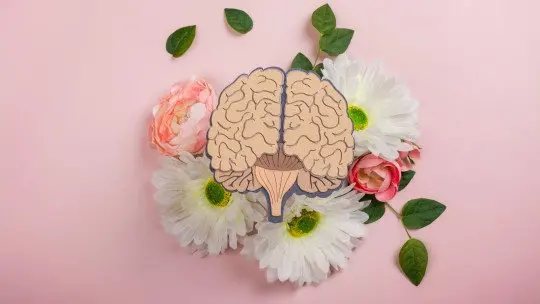Anxiety and depression are two of the most common mental health conditions that affect millions of people around the world. In these cases, psychoeducation can help you.
In today’s society, the anxiety and depression are two of the most common mental health conditions that affect millions of people around the world. However, despite its prevalence, stigma and lack of information remain significant barriers for those seeking help. It is vitally important to provide information and conduct psychoeducation about anxiety and depression, as well as the need to promote access to help resources.
Anxiety and depression are mental disorders that can affect people of all ages, genders and backgrounds. Anxiety is characterized by feelings of excessive worry and nervousness, while depression is manifested through a deep feeling of sadness, loss of interest in daily activities, and low self-esteem. Both disorders They can significantly interfere with a person’s daily functioning and emotional well-being. Faced with these two disorders, people can resort to a very useful resource: psychoeducation. But what does it consist of?
The Importance of Psychoeducation
The psychoeducation plays a crucial role in promoting mental health by providing accurate and understandable information about anxiety and depression. By educating people about the symptoms, underlying causes and available treatment options, levels of stigma can be reduced and awareness raised about the importance of seeking professional help. What to do about anxiety and depression, with the help of psychoeducation:
- Seek emotional support: Talking to friends, family, or a mental health professional can provide immediate relief and a sense of connection.
- Adopt healthy habits : Regular exercise, a balanced diet, adequate sleep, and practicing relaxation techniques such as meditation and deep breathing can help reduce symptoms of anxiety and depression.
- Seek professional help: Consulting a doctor, psychologist or trained therapist is essential to obtain an accurate diagnosis and an appropriate treatment plan.
- Find out about these disorders: Anxiety and depression is a complex issue and there are many resources available to understand and manage it. Recommended books include “Self-help guides for depression and anxiety disorders” of the Andalusian Health Service, which offers practical strategies. Another valuable resource is “How to control anxiety before it controls you” by Albert Ellis, which provides techniques based on rational emotive behavioral therapy. Besides, “The power of Now” by Eckhart Tolle, is a book that focuses on the importance of living in the present to reduce anxiety. These books can be a good starting point for those seeking to understand and overcome anxiety.

- Rely on different Free Help resources: In many countries, free emotional support and counseling services are offered for people facing mental health problems. Some of these resources include helplines, online chat services, and community support groups. Below are some toll-free help phone numbers available in our country:
- Hope Telephone: 717 003 717
- Suicide help and prevention: 024
- ANAR Foundation (for children and adolescents) 900 20 20 10
- Emergencies 112
In conclusion, Psychoeducation and access to help resources are essential components in the fight against anxiety and depression. By providing information and support, we can help reduce stigma, foster understanding and improve the mental wellbeing of people in our communities.
The anxiety and depression They are disorders that affect a significant part of the population. A literature review on these topics could include the “Diagnostic and Statistical Manual of Mental Disorders: DSM-5” from the American Psychiatric Association, as well as epidemiological studies such as those by Kessler et al. on the prevalence of major depression. Additionally, it is important to consider resources that address depression at specific stages of life, such as adolescence, and its treatment and prevention For a deeper understanding, it is recommended to consult specialized and peer-reviewed sources that provide a comprehensive view of these disorders.









